These days, Japan is all about travel. Some people love chasing the daylight, with the sun lighting their way. Others prefer the quiet of the night, hitting the road under the stars to arrive fresh at dawn. And then there are those who have no choice but to drive through the night because of work. Whatever the reason, Japan is full of night travelers.
But here’s the thing: driving all night without a break isn’t easy. So, where do all these night owls stop to rest or catch some sleep? Highways have plenty of spots, but not all of them are exactly welcoming. That’s where Lawson, the well-known convenience store chain, might have just found the perfect fix.
New roads to rest
Although still in trial until July 30 this year, Lawson’s new Overnight Car Stay Service shows a lot of promise. The chain launched the pilot at six locations in Chiba Prefecture, all registered as RV Park facilities. These spots are certified by the Japan RV Association (JRVA) as safe places for people to sleep in their vehicles. Currently, there are approximately 500 RV-certified locations nationwide.
This project, a team effort between Lawson, JRVA, and Glory Ltd., is designed to meet the growing demand for affordable, flexible, and safe overnight parking for Japan’s night travelers. Lawson’s facilities tick all the boxes for RV park requirements, including 24-hour access to restrooms, meals, trash disposal, electricity, and on-site staff.
Parking fees range from a reasonable 2,500 to 3,000 yen per night, with easy online booking, check-in from 6 p.m., and checkout by 9 a.m. It seems the rising trend of car travel in Japan has just gained a new convenient ally.
Sleep on the go
So, what sparked this innovative project? A couple of things, actually. One major driver is the growing gap between the rising number of camper vans in Japan and the limited number of places where drivers can legally and safely spend the night.
According to the Japan Recreational Vehicle Association (JRVA), the number of registered camper vans reached 165,000 in 2024—up from just 100,000 in 2016. Camper van sales also hit a record ¥112.65 billion in 2024, a 7% increase from the previous year. The trend shows no signs of slowing down, pointing to a bright future for the industry in Japan.
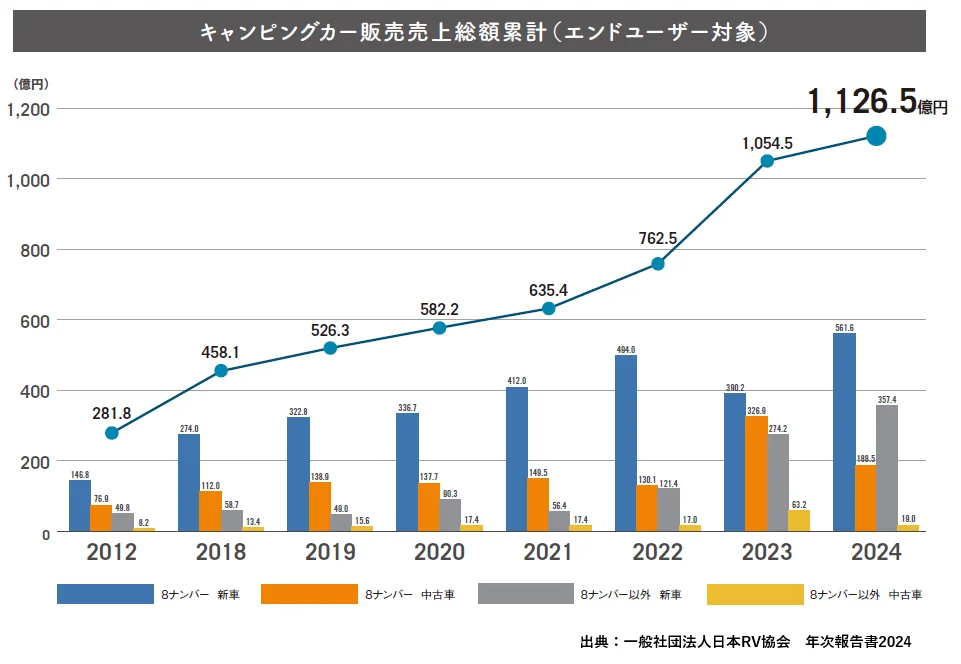 From PR Times
From PR Times
While some travelers plan overnight road stays from the start, others turn to car travel as a way to avoid rising hotel costs. Since the COVID-19 pandemic, hotel prices have been climbing. A survey by Tokyo Shoko Research, which analyzed 11 hotel operators between October and December 2024, found that average nightly rates had jumped 40% compared to 2019, hitting ¥16,289 per night.
With numbers like these, it’s no surprise that many travelers would rather skip the hotel stay and hit the road instead. This is leading to the emergence of services like this and the expansion of “sleeper buses,” which enable fans who head to the city to see their oshi to bunk up for the night without needing to book a hotel room.
An unmet demand
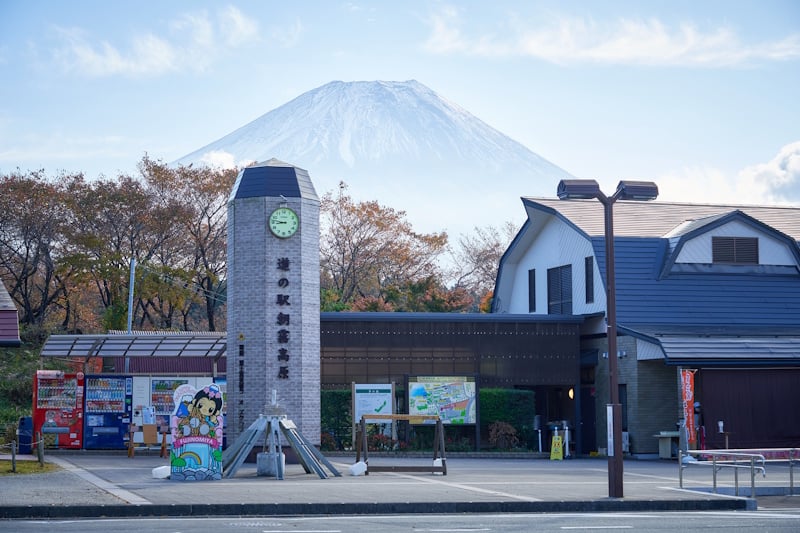 The Asagiri Kogen michi-no-eki stop with a view of Mt. Fuji. (Picture: kohta65 / PIXTA(ピクスタ))
The Asagiri Kogen michi-no-eki stop with a view of Mt. Fuji. (Picture: kohta65 / PIXTA(ピクスタ))
With so many people seeking roadside rest, you’d think solutions would be everywhere by now. So why did it take a convenience store chain like Lawson to step in?
Truth is, there are other options—the most famous being michi-no-eki, or roadside stations. These rest stops, scattered throughout Japan, are renowned for their fresh local produce, casual dining options, and traveler-friendly amenities.
It all sounds ideal, but how accessible are they, really? As convenient as they seem, michi-no-eki are surprisingly scarce. As of January 2025, only 1,230 were registered nationwide. And despite launching in 1993 with just 103 stations, the growth hasn’t exactly kept pace with rising demand.
Planning a trip to Japan? Get an authentic, interpreted experience from Unseen Japan Tours and see a side of the country others miss!
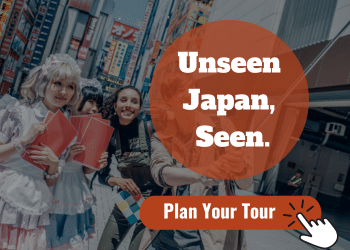
“Noah [at Unseen Japan] put together an itinerary that didn’t lock us in and we could travel at our own pace. In Tokyo, he guided us personally on a walking tour. Overall, he made our Japan trip an experience not to forget.” – Kate and Simon S., Australia

See a side of Tokyo that other tourists can’t. Book a tour with Unseen Japan Tours – we’ll tailor your trip to your interests and guide you through experiences usually closed off to non-Japanese speakers.
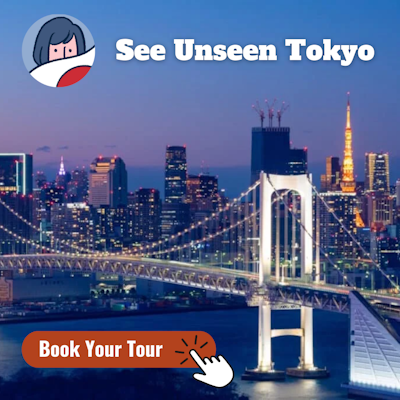
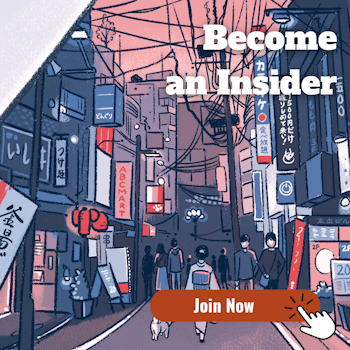
Want more news and views from Japan? Donate $5/month ($60 one-time donation) to the Unseen Japan Journalism Fund to join Unseen Japan Insider. You’ll get our Insider newsletter with more news and deep dives, a chance to get your burning Japan questions answered, and a voice in our future editorial direction.
Even Tokyo, Japan’s busiest hub, has just one. Michi-no-eki Hachioji Takiyama opened near the Chuo Expressway in 2007 and gained quick popularity, welcoming over a million visitors in its first nine months. “Things were flying off the shelves, it was a whirlwind of activity,” recalls station manager Kondo Tsuyoshi.
Even in 2021, after the pandemic dip, it drew in 775,000 visitors and racked up ¥875 million in revenue. With produce sourced from 180 local farms and a restaurant serving seasonal fare, the station clearly fulfills a strong need among travelers.
So why aren’t there more? The answer lies in the strict criteria set by the Ministry of Land, Infrastructure, Transport and Tourism (MLIT). To qualify as a michi-no-eki, facilities must offer 24-hour free access, large parking areas (with at least 20 spaces), clean restrooms (with a minimum of 10 stalls), kid-friendly features, an information center, and barrier-free access.
Many potential rest stops don’t make the cut and remain unofficial rest areas—part of a growing grey zone for overnight travelers.
Where can you really rest?
 The Dangozaka Expasa Service Area contains restaurants, coffee shops, and local souvenirs. (Picture: Unseen Japan)
The Dangozaka Expasa Service Area contains restaurants, coffee shops, and local souvenirs. (Picture: Unseen Japan)
When you’re out on the road and need a break, highway rest stops might seem like the obvious solution. But not all stops are equal, and there’s a big difference between Parking Areas (PAs) and Service Areas (SAs) that most people don’t even realize.
PAs are simple and functional: you’ll find them every 15 kilometers or so, with basic restrooms and maybe a vending machine or small shop. They’re meant for quick bathroom breaks and power naps, nothing more.
SAs, on the other hand, are the real deal. Found roughly every 50 kilometers, they come with larger parking lots, food courts, gas stations, souvenir shops, and more. They’re more accommodating, more comfortable, and yes, more tempting for a more extended rest.
Technically, there’s no law stopping you from sleeping in your car at an SA. If you’re tired and need to pull over for safety, no one’s going to chase you off. But overnight stays aren’t exactly encouraged either. In fact, more and more rest stops are posting signs making it clear: no camping out.
Why the pushback? Because some travelers have been taking things too far, treating public rest areas like campgrounds, with BBQs in the parking lot, folding chairs set up outside, and dishes being washed in restroom sinks. Not exactly what these spaces were built for. And it’s not just about etiquette. These free overnight stays, especially when close to tourist hotspots like onsen towns, haven’t sat well with nearby hotels and ryokans. With travelers choosing to sleep in their cars instead of booking a room, it’s easy to see why some businesses aren’t thrilled.
As a result, some highway operators are cracking down. NEXCO West Japan, for example, officially bans “activities beyond resting purposes,” including extended parking, camping, and sleeping outdoors.
 From NEXCO West Japan
From NEXCO West Japan
Bottom line? There’s no black-and-white rule, but the road is definitely leaning toward less tolerance. For travelers, this means fewer options for safe, affordable overnight rest—and more reason why programs like Lawson’s car stay service could be a game-changer.
Out of the grey
This is the backdrop that pushed combini giant Lawson to launch its overnight stay pilot. While some voices on social media are calling it a clever cash grab, others see it differently.
Planning a trip to Japan? Get an authentic, interpreted experience from Unseen Japan Tours and see a side of the country others miss!

“Noah [at Unseen Japan] put together an itinerary that didn’t lock us in and we could travel at our own pace. In Tokyo, he guided us personally on a walking tour. Overall, he made our Japan trip an experience not to forget.” – Kate and Simon S., Australia

See a side of Tokyo that other tourists can’t. Book a tour with Unseen Japan Tours – we’ll tailor your trip to your interests and guide you through experiences usually closed off to non-Japanese speakers.


Want more news and views from Japan? Donate $5/month ($60 one-time donation) to the Unseen Japan Journalism Fund to join Unseen Japan Insider. You’ll get our Insider newsletter with more news and deep dives, a chance to get your burning Japan questions answered, and a voice in our future editorial direction.
“Turning something that’s technically off-limits into a legitimate paid service is a smart move,” reads one of the supportive comments reported by Yahoo Japan.
After all, Lawson isn’t taking away a public service—it’s offering a safe, fully compliant alternative to the grey-zone stopovers. With 24-hour access to restrooms, food, and other essentials, the price tag is actually quite reasonable.
The trial runs until the end of the month, but if successful, it could lead to a wider rollout across the country. That might just mark the beginning of a new era for Japan’s growing road trip and night travel culture.
Sources
「はっきり言って最高」「合理的」 ローソンで“車中泊”に反響! 「無断行為」を「有料サービス」に変える Yahoo News Japan
<参考資料>コンビニエンスストア初!千葉県のローソン6店舗の駐車場で 車中泊施設「RVパーク」実証実験を7月14日(月)より開始! Lawson Press Release
ローソンで車中泊、7月14日から まず千葉6店の駐車場で 日本経済新聞
高騰のホテル宿泊費、15社の情報共有が常態化…公取委「カルテルにつながる恐れ」と警告 読売新聞
2024年キャンピングカー販売総額が過去最高の1,126.5億円超え! PR Times
道の駅、東京には一つだけしかない理由探る…満たすべき「要件」とは 読売新聞
「道の駅」の第62回登録について 国土交通省
サービスエリアでの車中泊はグレーゾーン!その理由と7つの注意点 Jackery

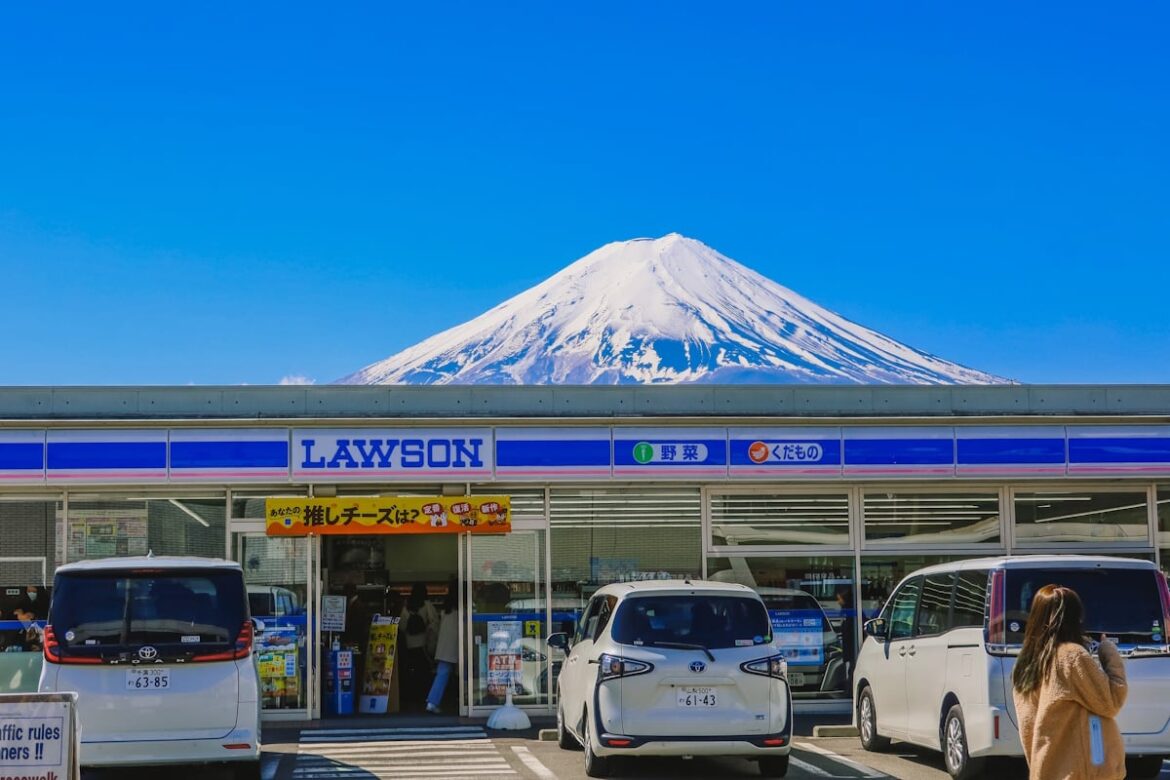
AloJapan.com